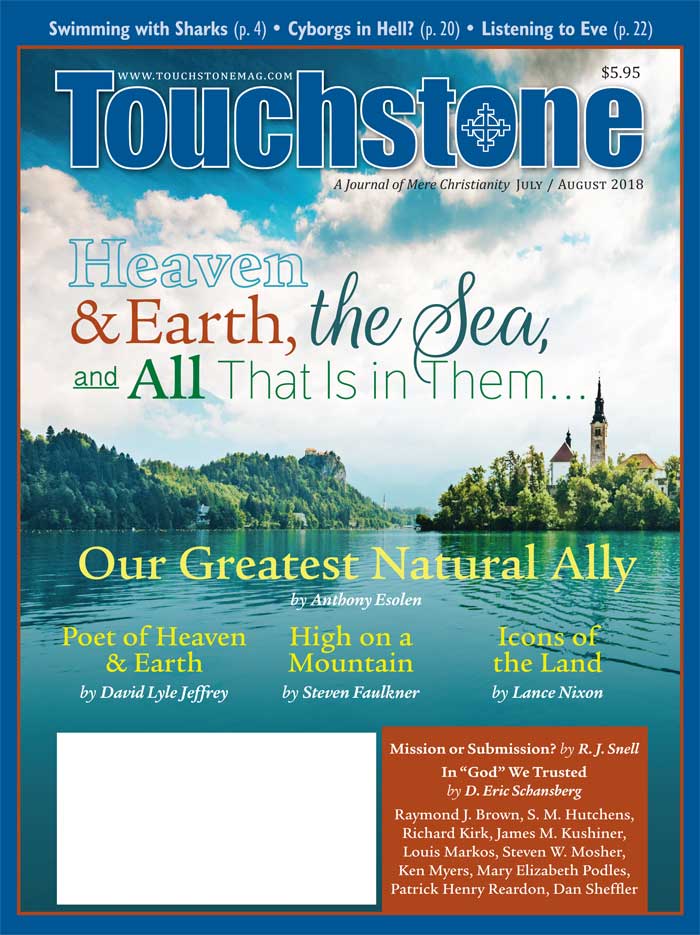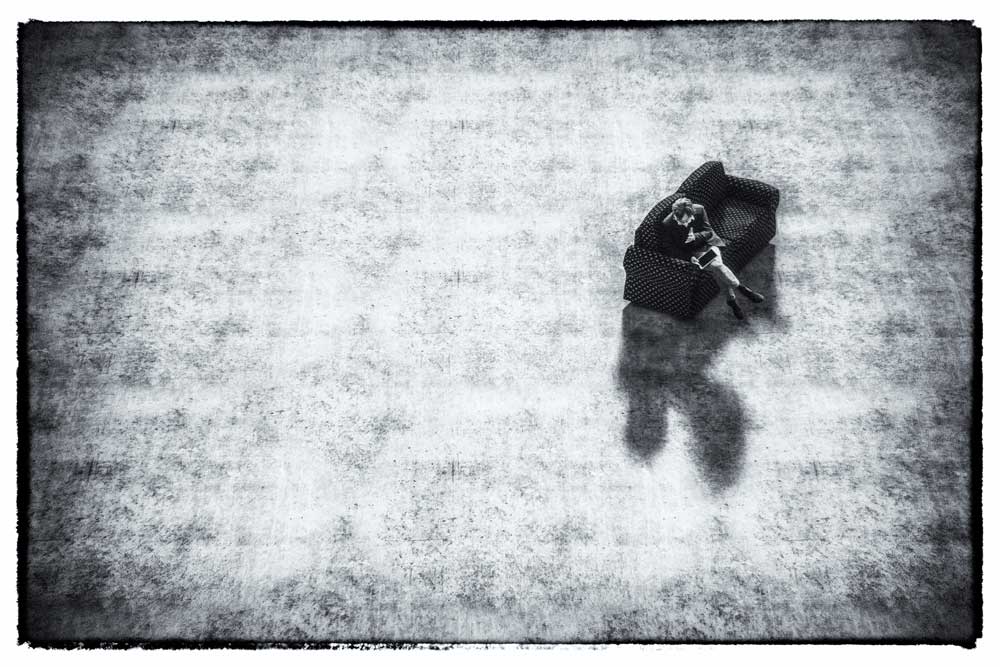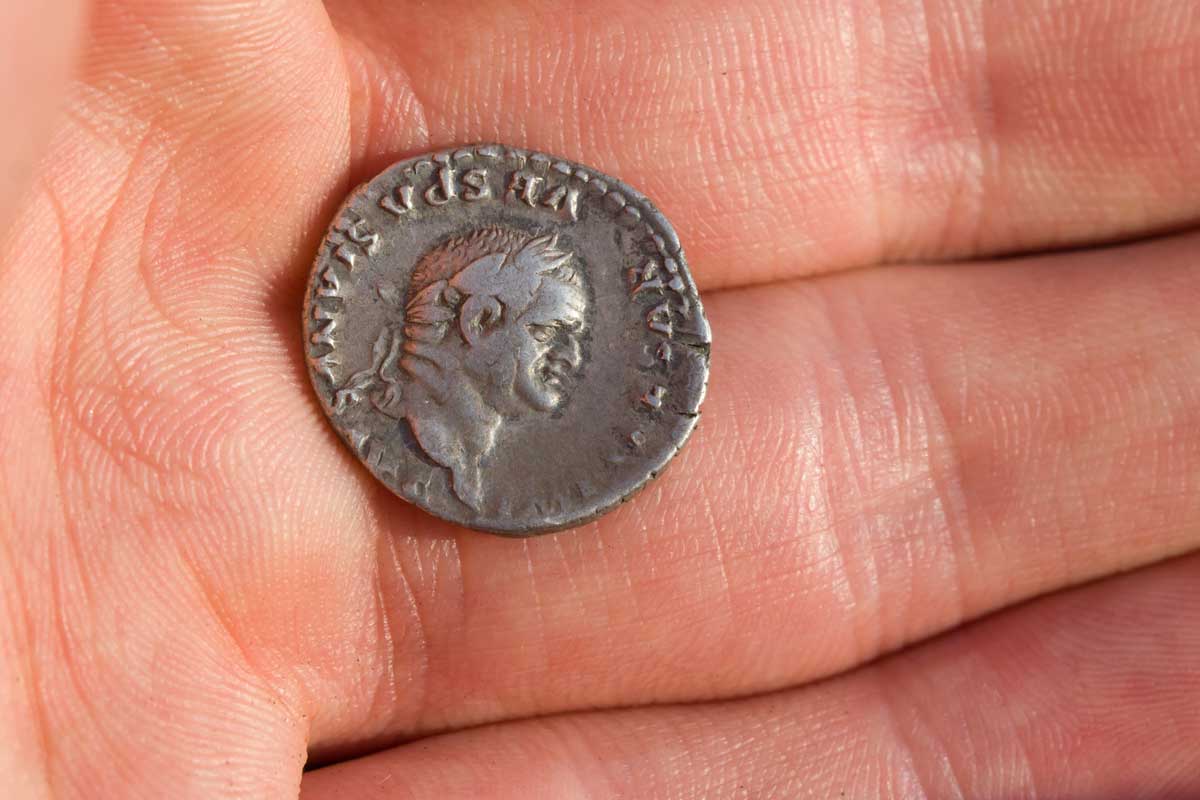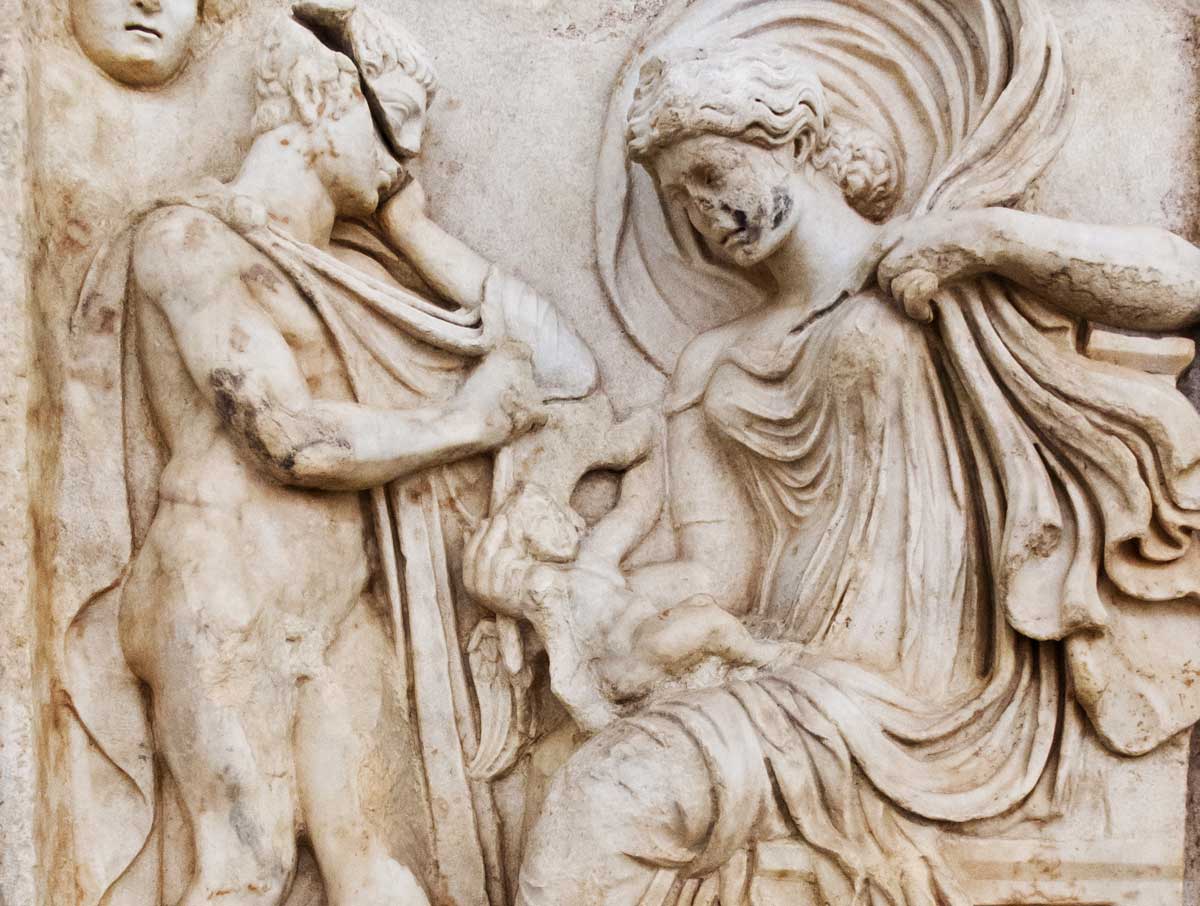Quodlibet
Secular Independence
Religion and government, like theology and philosophy, all by their very natures claim universal jurisdiction over their subjects, religion and government over the springs and motives of behavior, and theology and philosophy over the conceptualization of reality. (Theology treats existence in relation to God, philosophy in accordance with the concept of Being.) Each is to the other an alien and competing (when brought into contact) sovereignty unless one becomes subject to the other—unless government serves the ends and principles of religion or philosophy becomes the handmaiden of theology and does not take the liberty of breaking that bond.
When this subordination takes place, however, the lesser member tends to become absorbed in the greater. When religion absorbs government, the result is theocracy—I am not here using that term negatively (cf. 1 Samuel 8)—and when theology absorbs philosophy, all philosophic categories are sublimated. (The Bible is a purely existential tract that gives a comprehensive account of reality as it concerns man, with no reliance on philosophy whatever.) While translation from one form to the other is possible up to a point, no pure synthesis is.
In the United States, the "endowment by the Creator" or "soul of a church" or "Christian nation" or "under God" phenomenon under which the republic was formed has come to an end with an imperial government (a function, we should remember, of the popular will) whose secularism is a new declaration of independence from the religion to which it was once subordinate when it recognized the Creator as the divine lawgiver under which its original Constitution was conceived. Natural law arguments presented in government forums will sooner rather than later be recognized and treated by the novus ordo saeculorum as what they actually are: essentially religious, and therefore inimical to the new order because they, in pointing to a universal Source of order independent of government and political philosophy, imply the existence of a cosmic intelligence intimately involved in creation itself: God, or God by some evasive description, whom all nations are obliged to obey, and who may justly destroy them if they do not.
S. M. Hutchens is a senior editor and longtime writer for Touchstone.
bulk subscriptions
Order Touchstone subscriptions in bulk and save $10 per sub! Each subscription includes 6 issues of Touchstone plus full online access to touchstonemag.com—including archives, videos, and pdf downloads of recent issues for only $29.95 each! Great for churches or study groups.
Transactions will be processed on a secure server.
more on politics from the online archives
more from the online archives

33.1—January/February 2020
Do You Know Your Child’s Doctor?
The Politicization of Pediatrics in America by Alexander F. C. Webster
calling all readers
Please Donate
"There are magazines worth reading but few worth saving . . . Touchstone is just such a magazine."
—Alice von Hildebrand
"Here we do not concede one square millimeter of territory to falsehood, folly, contemporary sentimentality, or fashion. We speak the truth, and let God be our judge. . . . Touchstone is the one committedly Christian conservative journal."
—Anthony Esolen, Touchstone senior editor













